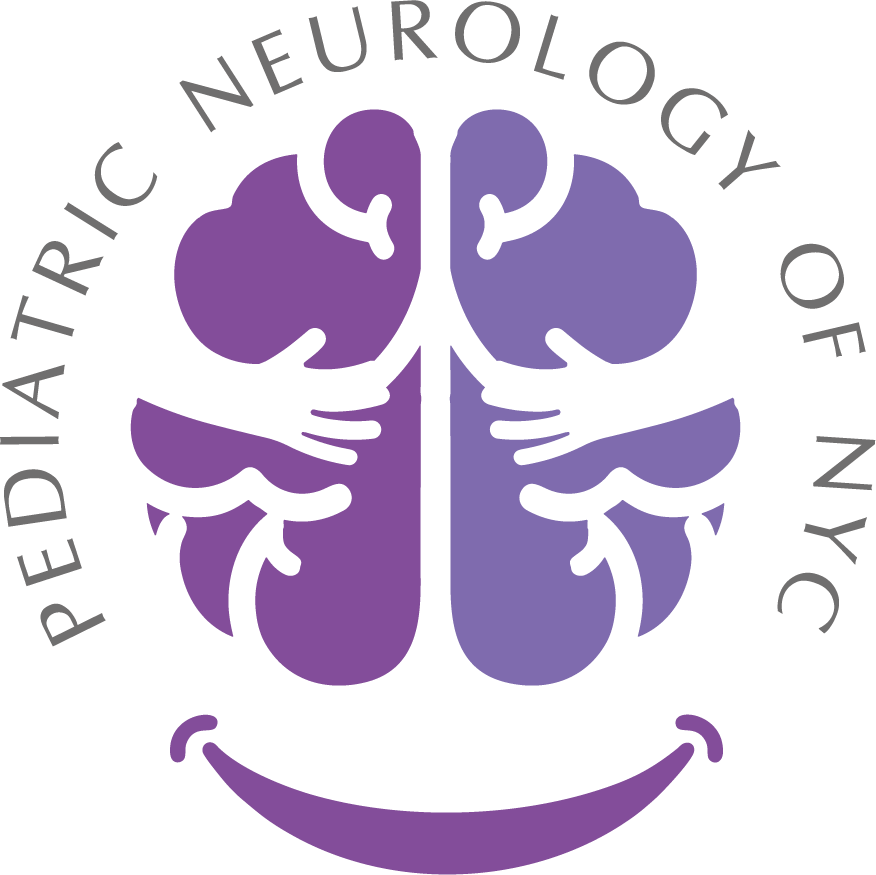Functional Neurological Disorders (FND)
Functional Neurological Disorders (FND) Treatment in NYC
Pediatric movement disorders encompass a diverse range of neurological conditions affecting a child’s ability to control their movements. These disorders can manifest as involuntary movements, abnormal postures, or difficulty with motor coordination leading to too much movement (hyperkinetic movement disorders) or too little movement (hypokinetic movement disorders).
These types of symptoms can be very diverse and occur in isolation or in combinations. Symptoms may include headaches, dizziness, nausea, abnormal movements, visual disturbances, gait abnormalities, nonepileptic events, and many more. Despite significant symptoms, neurologic exams may not identify any focal deficits that occur in a pattern consistent with a problem in the brain or spine and if imaging, EEG and labwork are done, these may also be unrevealing. All of these diagnostic modalities help us to evaluate the ‘hardware’ of the brain, spine and nerves, and when those appear to be normal, the symptoms may be explained by abnormalities in the ‘software’ or how the nervous system is functioning which we cannot easily visualize.
These symptoms can manifest from how our mind is talking to the body, similar to when we feel that sensation of ‘butterflies’ in our stomach, when excited or nervous. This is not an experience that a doctor can diagnose with testing, but is something that almost all of us have experienced. With that sensation, we often know that we are experiencing it because our mind sees the situations as exciting, stressful or anxiety provoking. Other people may get headaches when under stress, or have a ‘nervous stomach’, but these may not always be time locked to an acute stressor, and are a way of our body telling us that something stressful is going on. For some people, their symptoms may be mild, but for some, they can be severe, impacting their ability to go to school, play sports or take part in social activities.
Home » Functional Neurological Disorders (FND)
What causes Functional Neurological Disorders?
The exact cause of Functional Neurological Disorders is not fully understood, but they are believed to result from a complex interplay of psychological, social, and neurobiological factors. Stressful life events, trauma, emotional distress, and underlying psychological conditions such as anxiety or depression may contribute to the development or exacerbation of symptoms.
It is important to realize that while this is a disorder of how the mind is talking to the body, the symptoms are not ‘in their head’, volitional or ‘made-up’. They are real experiences and feelings that occur even if we cannot see them.
How is Functional Neurological Disorder diagnosed?
As with all neurologic conditions, a detailed history and exam are crucial in the diagnosis of FND. Depending on the symptoms involved, various specialists may be involved such as neurology for abnormal movements, GI doctors for abdominal pain, cardiologists for dizziness. Each specialist may recommend testing to better understand the symptoms as they relate to the organ of concern. For neurologists, careful attention to the symptoms and the exam and fluctuation overtime is a critical piece of the evaluation.
For some situations, imaging of the brain or spine may be recommended. Similarly if there are concern for seizures, an EEG which looks at the brainwaves may be ordered. Labwork from the blood or from the cerebrospinal fluid are also options, depending on the clinical presentation. As symptoms can evolve over time, sometimes testing may need to be repeated and awareness that functional symptoms can occur at the same time as symptoms due to another disorder which creates complexity in this field.
At Pediatric Neurology of NYC, Dr. Jamie is passionate about ensuring proper diagnosis and treatment for her patients with careful focus on their overall wellbeing. Dr. Jamie has extensive experience with FND as well as disorders that can appear similar to FND.
Can FND be treated?
Yes! While no two patients with FND are the same, treatment for FND always focuses on a multidisciplinary approach to address the physical and psychological factors. What combination of therapies may be best for each patient may be different. Some of the options for treatments include:
Psychotherapy:
Cognitive-behavioral therapy (CBT), psychoeducation, or other forms of therapy aimed at identifying and addressing stressors, improving coping mechanisms, and reducing symptom severity are a mainstay of treatment.
Physical Therapy/Occupational Therapy/Speech Therapy:
Depending on a person’s specific symptoms, rehabilitation strategies to improve physical function, mobility, and coordination, are enhanced by various types of therapists who can work collaboratively.
Medication:
Sometimes medications may be helpful to manage pain, abnormal movements, or mood symptoms like anxiety and depression.
Family and School Support:
Educating families, other providers and school personnel about Functional Neurological Disorders can help create a supportive environment for the child, reduce stigma, and facilitate appropriate accommodations in academic and social settings.
Dr. Jamie is an extraordinary patient advocate and has dedicated time to building a large, collaborative and thoughtful network of providers to help patients with these challenging conditions.
Can Children Overcome Movement Disorders?
In summary, pediatric movement disorders are complex and multifaceted conditions requiring careful diagnosis and a personalized approach to treatment. Advances in medical research and therapeutic techniques continue to improve outcomes, enhancing the quality of life for affected children and their families. At Pediatric Neurology of NYC, we strive to connect children and their families with the treatment that will best improve their quality of life.
